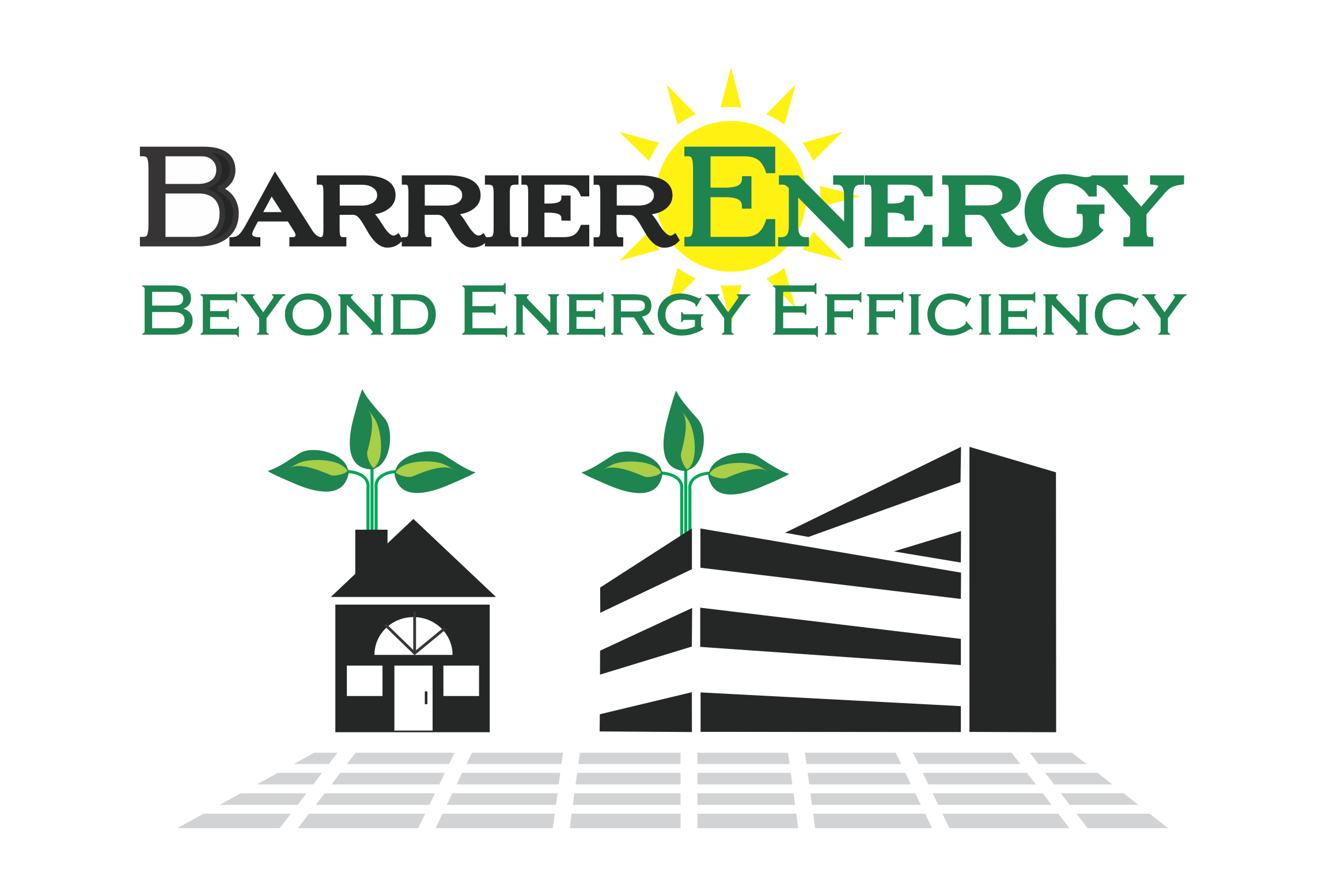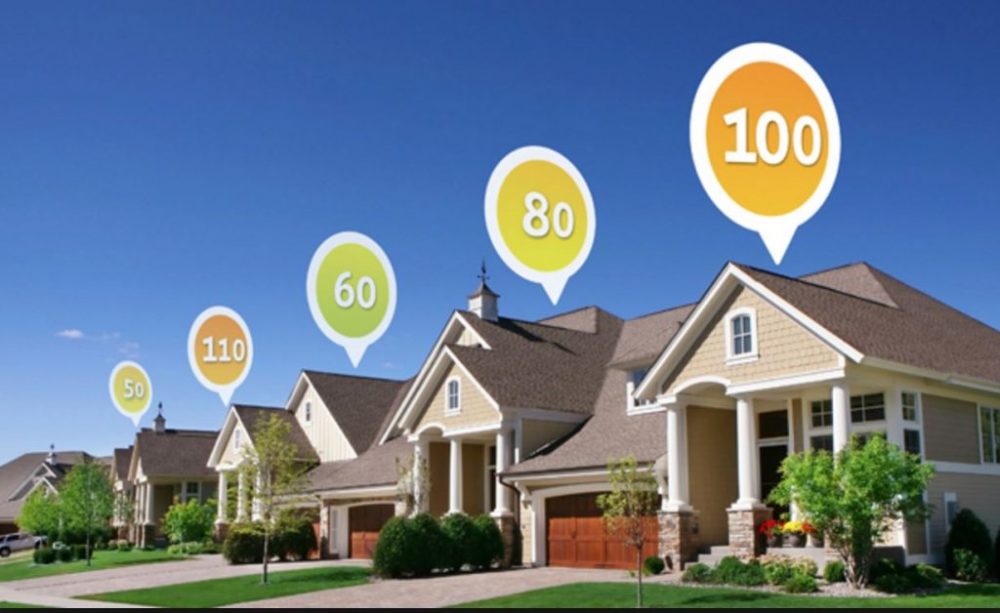Energy Consumption in the Construction Industry
ASHRAE is a prominent figure in the energy efficiency industry. The American Society of Heating, Refrigerating, and Air-Conditioning Engineers researches, influences, educates and certifies as an organization. According to their 2019 Report on energy efficiency in buildings, 36% of global energy consumption and 40% of global CO2 comes from buildings (ASHRAE, 2019, p. 2). Specifically, building them, running them, and maintaining them. Accordingly, ASHRAE is dedicated to supporting energy efficiency as the solution. They believe efficiency should come even before renewable energy, as the most cost-effective and simple manner of “producing” more energy. In fact, they project energy-efficient buildings that can decrease those figures by as much as 50% by 2030.
Solving Energy Consumption with Energy-Efficient Buildings
In order to achieve this, ASHRAE advocates for energy codes and inspections. Plus, they even certify inspectors to assess building efficiency. Ultimately, these regulations provide a way to benchmark progress. At the same time, they recognize governance requires constant evolution. They must become even more aggressive to reach their goals. Some of the objectives they outlined include teaming up with other organizations to offer more incentives and educational opportunities, helping developing countries, and expanding Advanced Energy Design Guides.
Advantages of Energy-Efficient Buildings
Furthermore, they provide a fresh outlook on the advantages of building efficiency, in their report. Firstly, they mention the well-known topic of financial interest. They note investors of efficiency can begin accruing in as little as five years. In the future, the potential for savings increases exponentially as reducing energy demand will snowball off of increasingly efficient equipment. Secondly, the economy, as a whole, stands to benefit. A sustainable energy system equals a stable economy. Moreover, the more productive our energy is, the more valuable it becomes. Thirdly, building efficiency helps to combat harmful emissions such as refrigerants and CO2. Our own health and environment are priceless resources.
Lastly, they turn their attention to national security. Notably, many countries’ economies’ have become interdependent due to energy trade. Our dependence on other nations to provide our energy could seriously compromise our national security. Not to mention, we are at the whim of fluctuations in the global market. Resource prices go up, they go down, and wars are even fought over them. Efficiency is the path to stabilizing our energy market. Energy-efficiency incentives are one big step toward reaching Zero-Net Energy. In conclusion, decreasing energy consumption in the construction industry is beneficial to all. You can read more about this topic in our article Benefits of Energy Efficiency.
Society’s Energy Efficiency in Buildings Position Document Committee, (2019). Position Document on Energy Efficiency in Buildings. ASHRAE. www.ashrae.org


Recent Comments